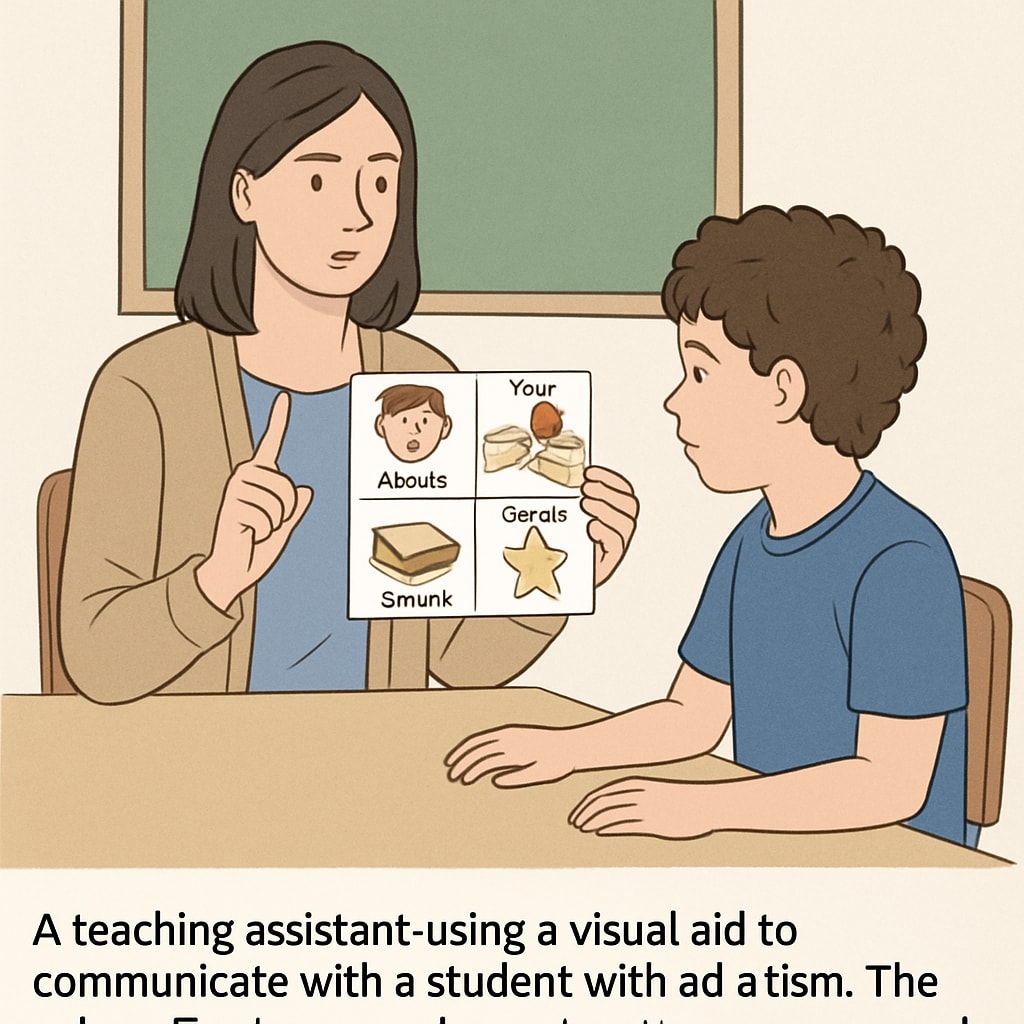Starting a career as a teaching assistant in special education can be both rewarding and challenging. For those working with students diagnosed with autism spectrum disorder (ASD), understanding their unique needs is essential. This article offers practical insights into special education, autism, and the role of a teaching assistant, helping new educators establish effective communication and support systems to create a positive learning environment.
Understanding Autism Spectrum Disorder (ASD) in an Educational Context
Autism spectrum disorder encompasses a wide range of characteristics, including challenges with social interaction, communication, and behavioral patterns. As a teaching assistant, your role involves adapting to these individual needs and fostering a supportive environment for both students and their families.
Key strategies include:
- Building patience and resilience to manage varied behaviors.
- Developing observational skills to understand nonverbal cues.
- Collaborating with teachers and specialists to implement Individualized Education Programs (IEPs).

Creating Effective Communication and Support Systems
Effective communication is vital for connecting with students who may have difficulty expressing themselves verbally. As a teaching assistant, consider using tools such as visual aids, assistive technology, and communication boards to bridge gaps and foster understanding. Additionally, maintaining open communication with parents and caregivers can provide valuable insights into each student’s unique needs.
Recommended practices include:
- Using consistent routines to provide structure and predictability.
- Incorporating sensory-friendly activities to address overstimulation.
- Encouraging peer interaction to develop social skills.

Psychological Preparation for Teaching Assistants
Working in special education requires emotional resilience and a growth-oriented mindset. Teaching assistants must be prepared to adapt, remain patient, and celebrate small milestones. Understanding that progress may take time is critical to maintaining motivation and focus.
To prepare psychologically, consider:
- Learning about autism and special education through workshops and online resources.
- Practicing self-care to manage stress effectively.
- Engaging in reflective practices to assess and improve your approach.
For additional resources on autism spectrum disorder, visit Autism Speaks or explore Wikipedia’s autism spectrum page for a deeper understanding.
Readability guidance: This article uses concise sentences and short paragraphs to ensure clarity. Bullet points and lists are included to summarize actionable advice, and over 30% of sentences incorporate transition words for smooth reading.


